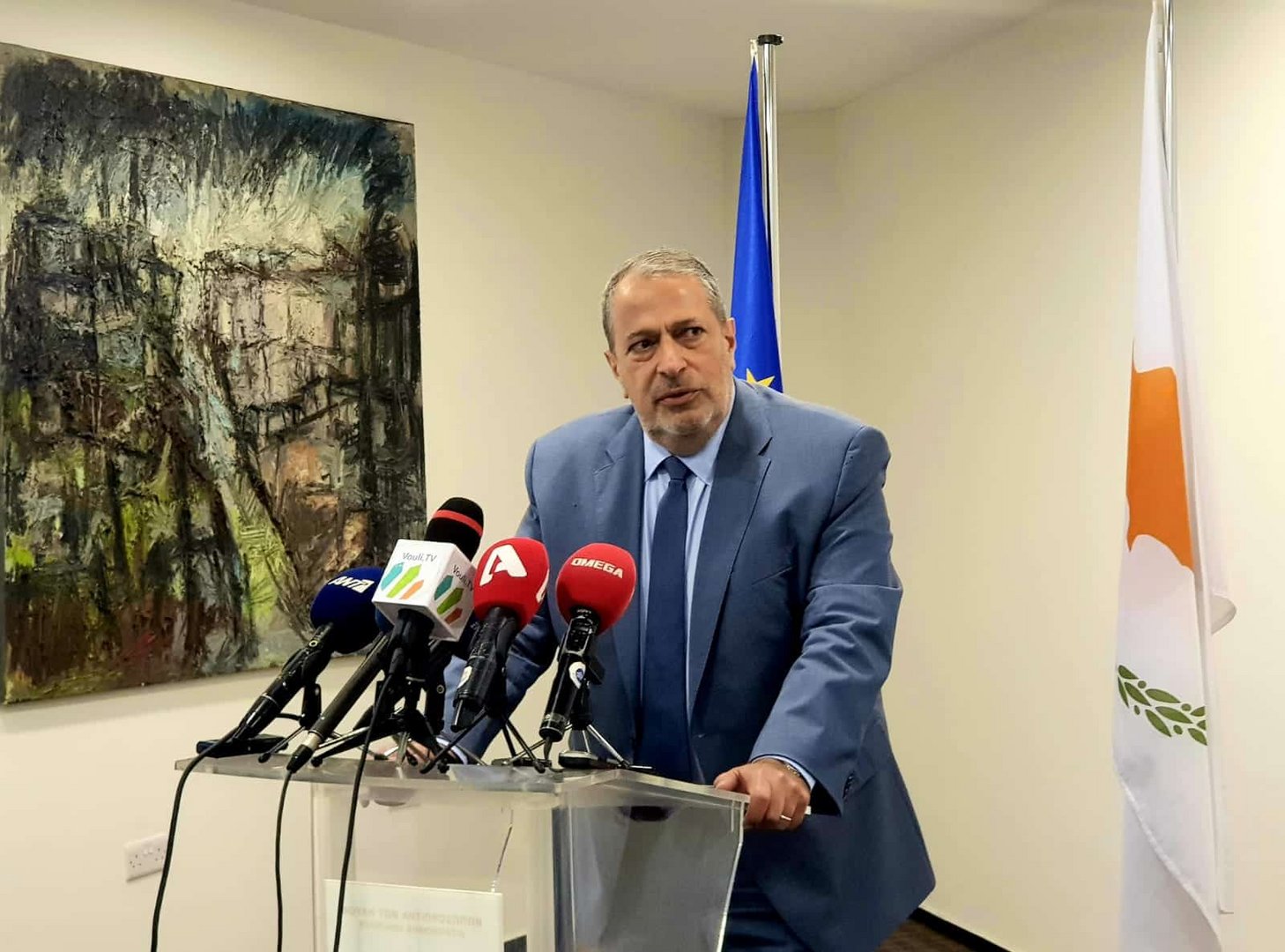The Cyprus Union of Journalists on Friday warned government institutions that if they tried to manipulate or gag the press, they would find themselves coming up against the media and its representatives.
“If the institutions carried out their work and mission with the adequacy required by the Constitution, there would be no need to hang the threat of criminal charges on the heads of journalists like the Sword of Damocles,” the union said.
“It is not the first time that institutions have tried to manipulate or limit journalistic work. But whenever they do, they will find themselves coming up against us,” it added.
The statement came a day after Attorney-general (AG) Giorgos Savides warned Phileleftheros that unauthorised disclosure or reproduction of classified material was a criminal offence, punishable by up to seven years in jail.
The newspaper had published a confidential letter from Energy Minister George Papanastasiou to House Speaker Annita Demetriou, members of the parliamentary audit committee and others related to the fiasco over the LNG plant at Vasiliko.
The letter was marked ‘Confidential’. In it, the energy minister notified the recipients that, if Cypriot officials do not cease and desist from leaking information regarding the arbitration case in London, the Chinese-led consortium would take legal steps against the Republic of Cyprus.
The parties to the arbitration – Cyprus and the consortium – are bound by confidentiality not to discuss the case.
According to Phileleftheros on Friday, Savvides was trying to instigate a news blackout on a fiasco that has cost the taxpayer millions of euros. The paper said the AG’s warning was not just related to publication of Papanastasiou’s exact letter but also its essence.
Savvides reportedly said it was the responsibility of the author, not just the media outlet and it was not up to them to judge whether a document was important or not. Publishing or republishing a classified document, he added, was a criminal offence punishable by up to seven years in prison.
The journalists’ union said state institutions were mandated to protect, not threaten freedom of the press. What the AG had done was a direct threat, it said.
It added that the spirit of the AG’s warning to journalists was inconsistent with the spirit of the harmonising legislation passed by Cyprus to strengthen the freedom of the press, freedom of expression and pluralism of opinions.
“It is inconceivable that journalists should be shielded on the one hand and threatened on the other,” it said.
The management of classified and unclassified documents, it added, was part of journalism and a component of freedom of the press.
“The matter raised by the colleague in the newspaper Phileleftheros was of key importance as it touches the public interest and from its context it is obvious that there has been a mismanagement that will cost the public many millions. The journalistic community cannot remain apathetic, disseminating only what is officially and publicly expressed.
“Institutions and authorities must promote transparency, accountability and strengthen the freedom of the press in every way, and not terrorise the journalistic world by giving messages reminiscent of other times,” it concluded.
Opposition Akel also issued accused the AG of issuing threats against journalists “whose job is not just to relay information and statements, but to investigate and expose.
“Such statements send a cover-up message, since those seeking to cover-up in various cases will simply be able to label relevant documents as confidential,” it said.







Click here to change your cookie preferences